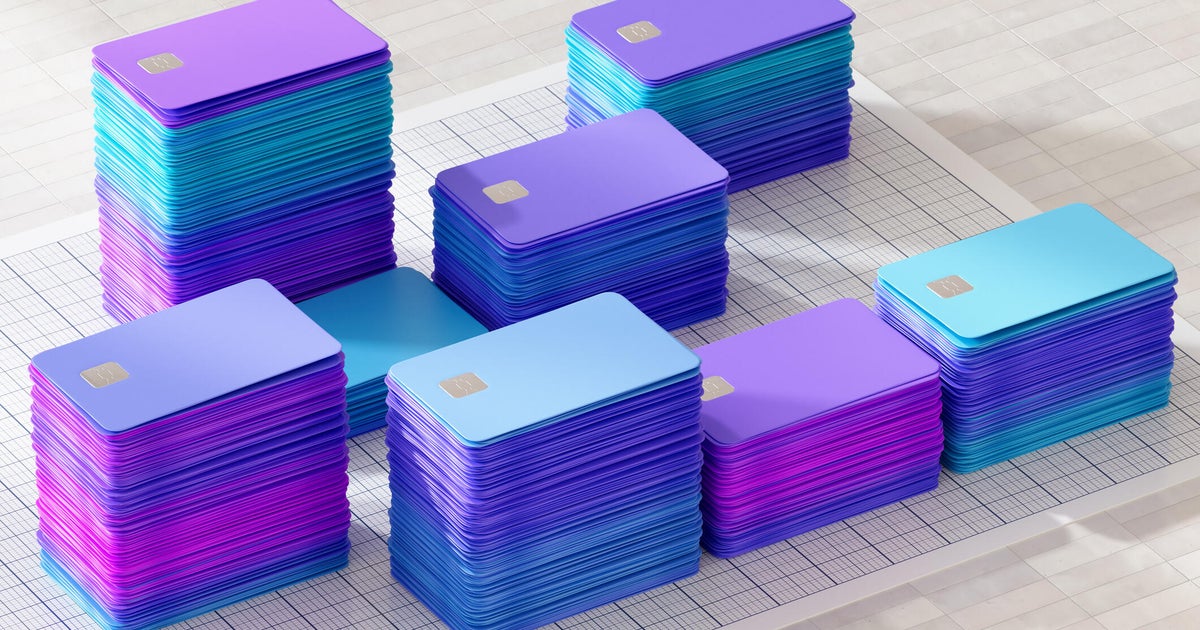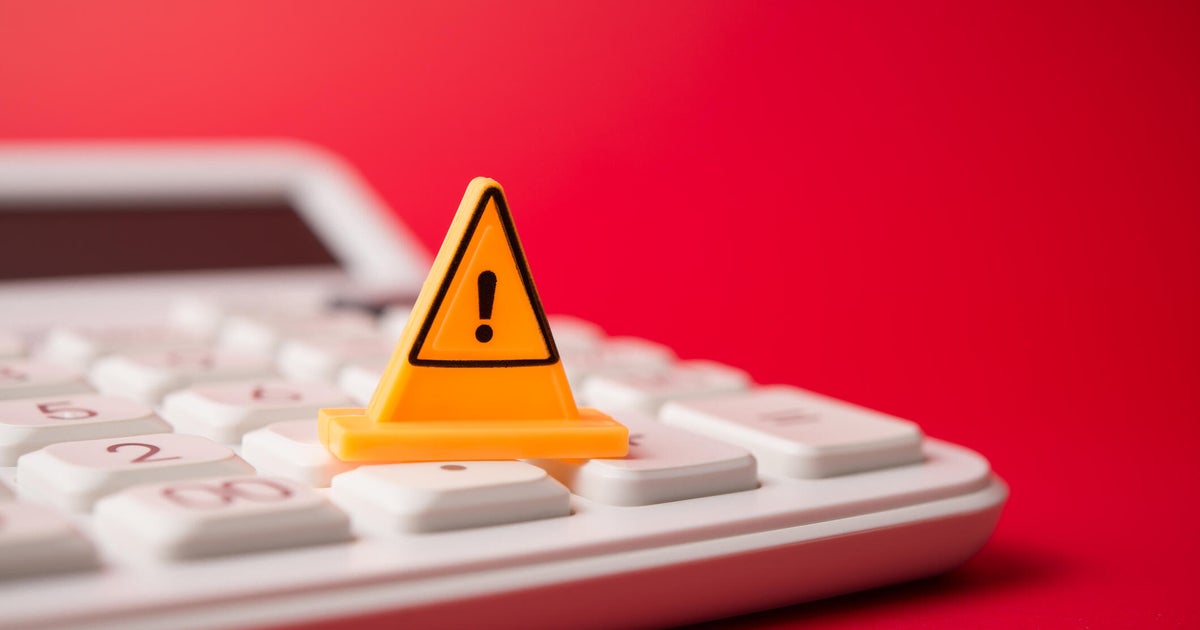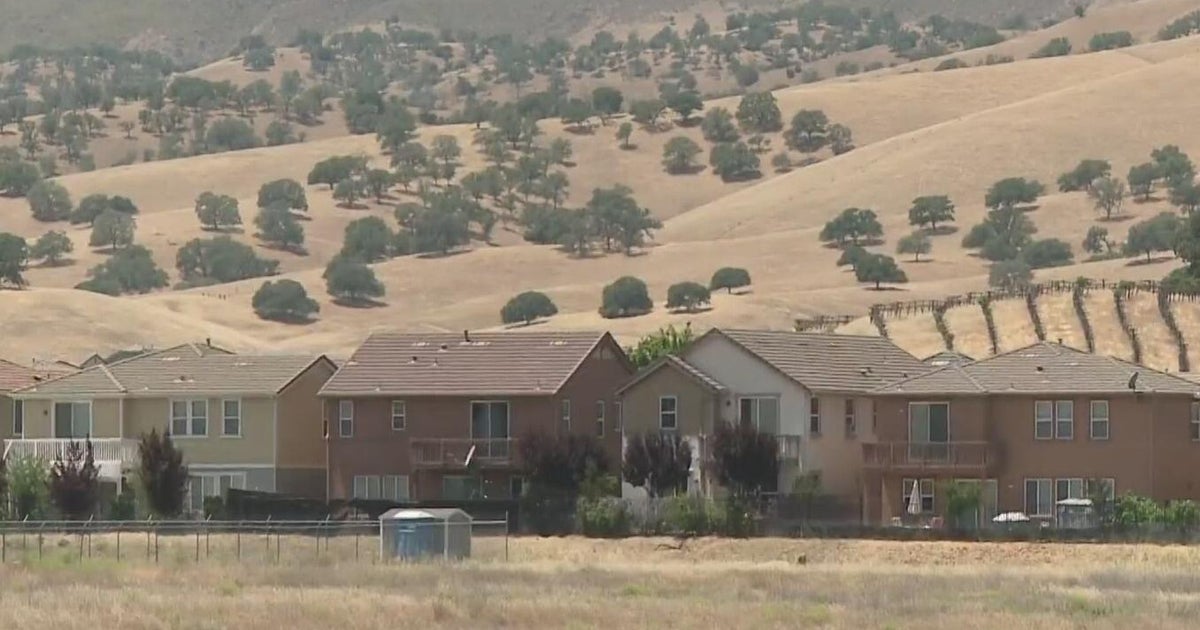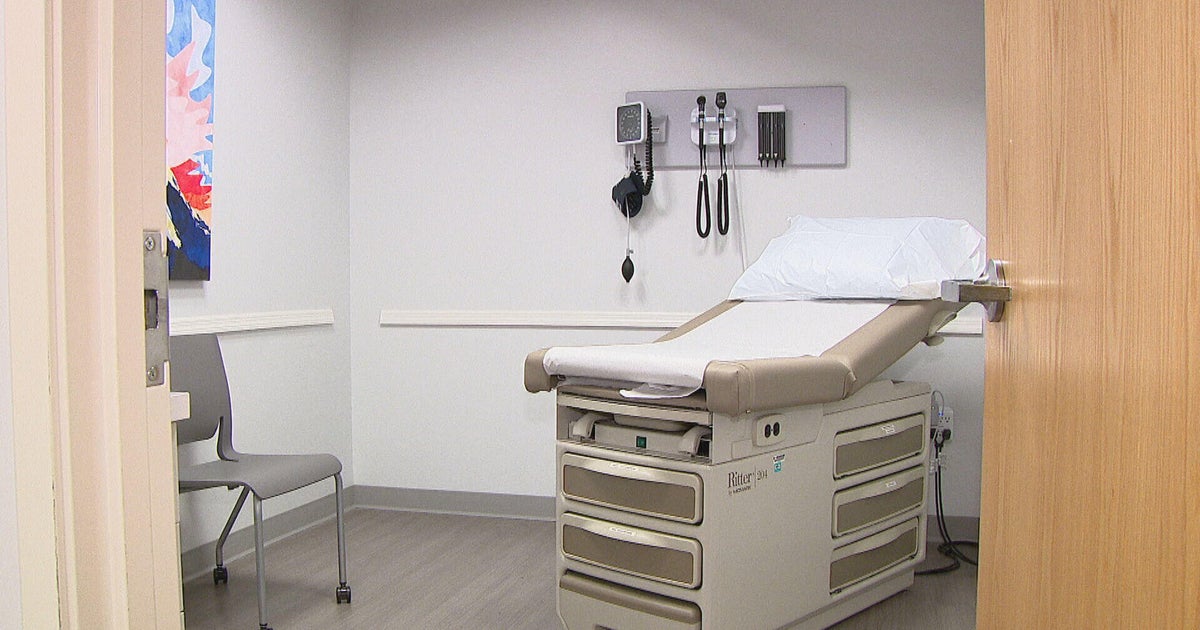More than half of student borrowers say their financial stability hinges on debt relief
More than half of people with student loans say their future financial stability hinges on erasing that debt, even as a Biden administration program that promised to forgive up to $20,000 remains in legal limbo.
About 1 in 5 Americans has an outstanding federal student loan, according to a recent study from personal finance site Credit Karma, which polled more than 1,000 adults in December. The Biden administration's student-debt relief program can't move forward until the Supreme Court hears challenges to the plan later this year.
The survey revealed that Americans with student debt are struggling to cope with the impact of inflation, with about one-quarter of borrowers saying they are using money they previously put toward loan repayments toward bills and necessities instead.
While the nation's student debt crisis precedes the pandemic, the impact of high inflation is eroding the financial health of many borrowers. Almost 7 in 10 of U.S adults reported that their financial situations had remained stagnant or declined in 2022, the study found.
The study also found that 56% of student borrowers feel their financial well-being is tied to the pause in repayments, which began in March 2020 and could resume in July. That indicates the majority of borrowers could struggle when student loan repayments resume later this year.
"Federal student loan payment relief has served as a financial lifeline for millions of Americans who have grappled with a lot of uncertainty over these last three years," Courtney Alev, consumer financial advocate at Credit Karma said in a statement.
Americans with student debt are carrying an average loan balance of about $30,000, up from about $13,000 in inflation-adjusted dollars in 1985, according to data from the Education Data Initiative.
Last fall, the Biden administration opened applications for its one-time student debt relief initiative, which would erase up to $20,000 in federal student loans for lower- and middle-income borrowers.
But lawsuits from several groups, including lawmakers in six states, challenged the initiative and eventually halted the relief program from moving forward. The case is now heading to the Supreme Court, where opening arguments in a consolidated case will be heard later this month.







